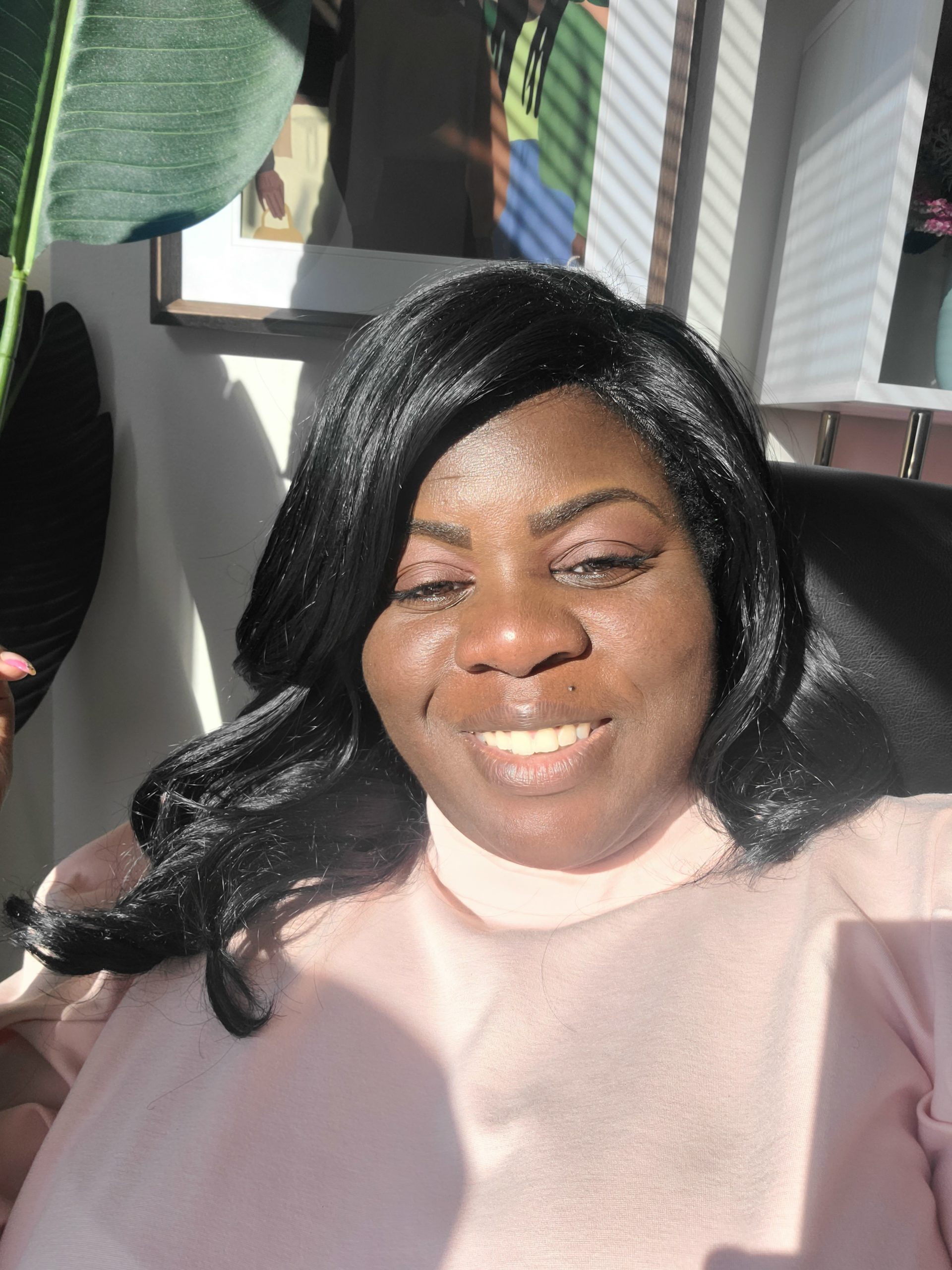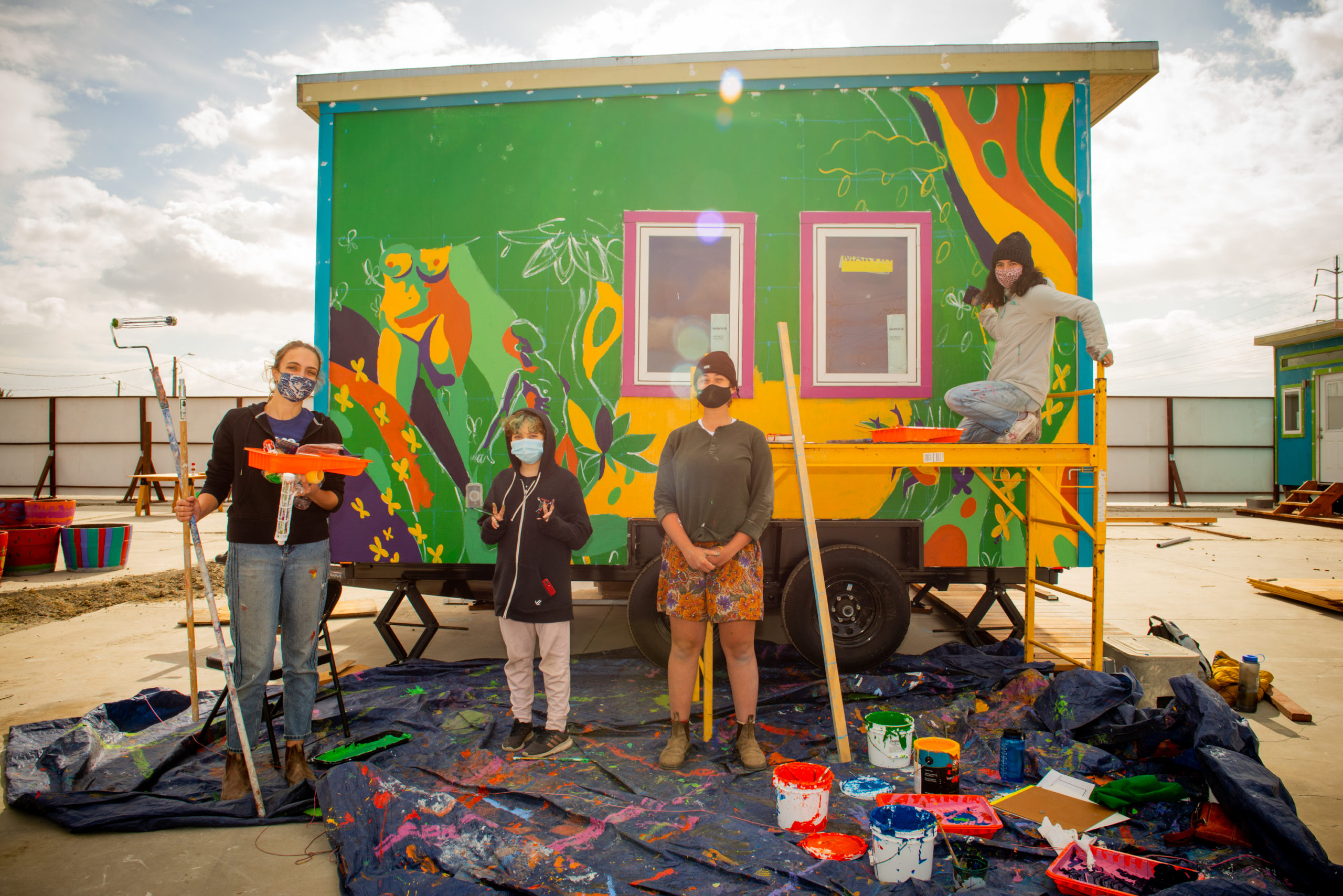Alternative Break: “Hidden Los Angeles” with USC Hillel
This past December, 12 students at USC joined together for three days of service on an alternative break program called “Hidden Los Angeles – Nature and Need,” supported by Repair the World. The idea? Los Angeles is a big place, and it can be challenging as a student to see the city beyond the campus gates. “Hidden LA” aimed to give students a chance to interact with the city’s diverse communities, explore the urban area’s green spaces, and leave a positive impact through volunteering.
During the program, which was organized by Hillel at USC and sponsored in part by Repair the World, students volunteered with an innovative environmental organization called TreePeople. They learned about Los Angeles’ native plants and trees, and participated in planting trees and restoring the natural environment. The group of participants came from many different backgrounds, both Jewish and not, which added an element of interfaith exchange to the learning.
During the packed alternative break, participants also worked in an urban organic garden at a youth leadership program called Taking the Reins, participated in a beach cleanup, and volunteered to sort and package food with One Voice, an organization that provides food for underserved families living in Los Angeles. Over Shabbat, the students spent time with residents at Beit T’shuvah, one of the only full-service treatment centers for Jewish addicts in the US.
Read on to see what three USC students had to say about their alternative break:
“The most rewarding part of the experience for me was nurturing trees in Stetson Ranch Park. TreePeople really put us to work, carrying heavy buckets of mulch and digging around trees, all on a cold and windy day. I definitely slept well that night!” Stephen Siegel
“From food and gardening, to horses, health, nature, and wildlife, I learned so much about the environment in a short time. I am an engineering student who wants to make a difference in the world. But I forgot that I can make a difference on daily basis by just having a small carbon footprint.” Gana Zagdbazar
“The sense of unity and camaraderie I felt the group experienced through collective service was so rewarding. We all came from a diverse range of academic majors, religious beliefs, and nationalities, yet we were united in our vision and efforts to make the world a better place. Shalom, Salam, Tikkun Olam – whatever you want to call it – we all were working to achieve the same goal.” Shawn Feldman

